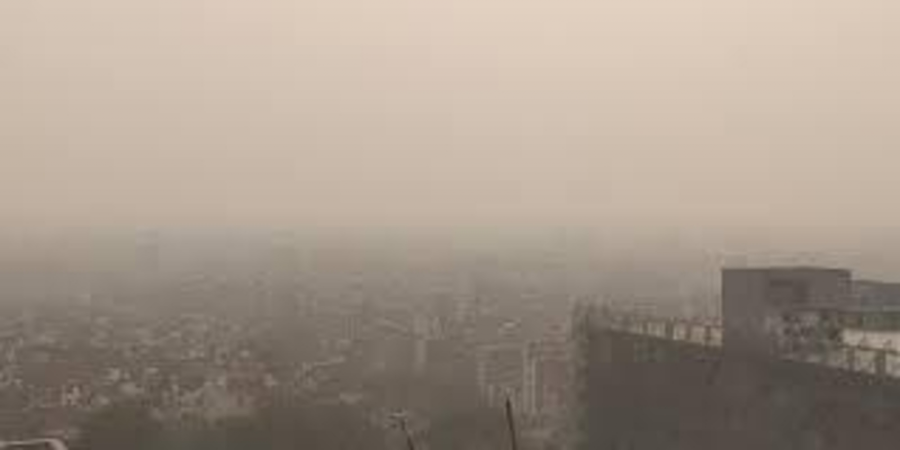

Delhi's air pollution crisis has long been a matter of public concern. With the city's air quality often plunging to hazardous levels during winter months, the issue affects millions, impacting health, daily life, and even productivity. As the 2025 Delhi Assembly elections draw near, many are asking: Are political parties taking air pollution seriously in their campaigns and manifestos?
Delhi consistently ranks among the most polluted cities in the world. Factors contributing to its toxic air include vehicular emissions, industrial activity, construction dust, stubble burning in neighboring states, and unfavorable climatic conditions. The severity of the problem has made it a recurring topic in public discourse, but its prominence in political campaigns often varies.
The ruling AAP, which has been in power in Delhi since 2015, has implemented measures to combat air pollution in the past. Initiatives like the odd-even vehicle rationing scheme, installation of smog towers, and promotion of electric vehicles were introduced to address the problem. However, critics argue that these measures have been either temporary or insufficient.
While AAP’s 2020 manifesto included promises to tackle pollution, its 2025 campaign appears to focus more on other welfare schemes. Specific details about new strategies to address air pollution in the current manifesto are limited, raising concerns about whether the issue is being given due priority.
The BJP, which serves as the principal opposition in Delhi, has criticized AAP for failing to deliver on its promises of a pollution-free city. BJP leaders have pointed to the unfulfilled commitments, such as cleaning the Yamuna River, and have accused the AAP government of neglecting sustainable urban planning. However, the BJP itself has not presented a comprehensive plan to tackle air pollution, focusing instead on broader developmental promises.
The Congress party, seeking to regain relevance in Delhi politics, has not prominently featured air pollution in its election discourse so far. While Congress has occasionally criticized both AAP and BJP for their handling of environmental issues, its campaign lacks a strong, actionable plan to combat air quality problems.
Advocacy groups like BYCS India Foundation have urged political parties to prioritize air pollution in their manifestos. They emphasize sustainable solutions such as improving public transport, promoting non-motorized transport like cycling, and ensuring better enforcement of environmental regulations. Despite these efforts, the issue has struggled to gain top billing in campaign narratives.
Public sentiment reflects frustration at the lack of substantive discussion on air quality. While voters recognize the severity of air pollution, political parties have focused more on other issues like education, healthcare, and economic development, leaving environmental concerns in the shadows. Media coverage has also noted that debates about “freebies” and welfare schemes often overshadow pressing matters like pollution.
The 2025 Delhi Assembly elections present an opportunity for political parties to address air pollution with the seriousness it deserves. However, as of now, discussions around this critical issue remain fragmented and largely overshadowed by other electoral priorities. Advocacy groups and citizens must continue to press candidates and parties to offer actionable solutions, ensuring that environmental sustainability becomes a central theme in Delhi's political agenda.
